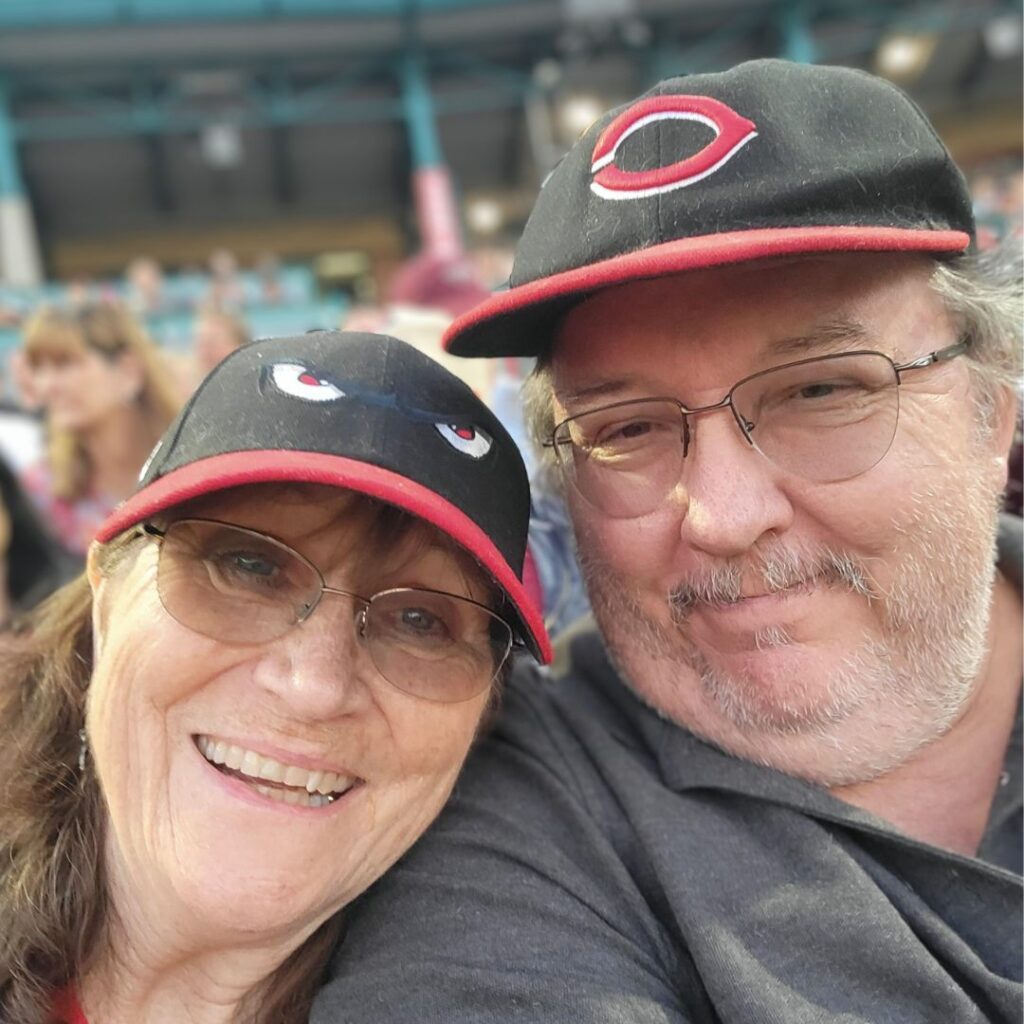Describe your life prior to diagnosis.
Prior to diagnosis, I had a very good life until I started working for a financial company. The company was a source of tremendous stress for me and I started having more headaches and bad days. Next thing I know, I’m having all kinds of stomach issues and accidents at work (diarrhea and uncontrolled bowel movements). It was unpredictable!
Doctors said I was either lactose intolerant or had another tummy issue. I had so many tests for parasites and other intestinal problems. I had no idea what hit me. Nobody in my family had any disease that presented these symptoms and I just didn’t have a clue what it was.
How did you find out that you had celiac disease? Did you suspect it beforehand?
I never thought I had celiac disease. I was a Foods and Nutrition student at San Diego State and we studied celiac disease as a children’s disease and a genetic disease. Nobody in my family presented with celiac disease.
I had problems with hemorrhoids and went to a doctor to see why they were hurting and causing me difficulty. The doctor said my stool was way too soft and runny, so she sent me to a gastroenterologist. I was 60 years old. The gastroenterologist took blood, stool samples, and checked my muscles. He thought Kegel therapy would help, and it did, but it was only part of the picture. He also did an endoscopy and a genetic test for me.
How long did it take for you to get diagnosed since your first symptoms and what (if any) challenges did you face along the way?
It was five years from the start of my symptoms to the diagnosis.
Do you believe anything could have sped up your diagnosis? If so, please explain:
I don’t know if anything could have sped up this diagnosis because there was not a lot to go on. Headaches and runny stools are symptoms for many different maladies, and my family had rheumatoid arthritis as the “known” autoimmune disease.
I actually think perhaps my mom had celiac disease, but was never diagnosed. She had no symptoms, but died of a T-cell lymphoma that they discovered behind her stomach during surgery to remove an ulcer. That lymphoma is so suspect. It wouldn’t surprise me if they missed it.
Describe your experience living with celiac disease:
The gluten-free diet being the only treatment, it takes some time for symptoms to dissipate. It’s been five years since the diagnosis and I’m used to keeping my food separate from my son and my husband if they use any gluten items (rolls, breads, etc.). I’m used to them having more variety in their food—that’s ok, unless they pull out a Twinkie in front of me. What’s difficult is group functions because, unless there is gluten-free food that’s been handled properly available, I can’t participate, really.
It costs me more to purchase gluten-free breads or beer or specialty items—making them is not that inexpensive, either. But eating clean is relatively easy and I make meals for my whole family that are tasty and gluten-free. I’m learning to bake my own gluten-free breads and such.
Over time, I’ve become more sensitive to gluten, so I have to stay out of the bread aisles at the store, if possible. It can be difficult. We’re planning some trips so I’m scouting out places near our hotels that have gluten-free food available and I will be preparing my own snacks for the plane trips because airplanes do not accommodate celiac disease well at all. I’ve learned about all the cruise lines that have good gluten-free food, though, so I’m coping quite well and learning to cope better all the time!
What would a cure mean for you?
A cure would mean a lot for me! My sister was so concerned because she cooks a lot with gluten and her house is full of it. She asked me to visit to help her, but changed her mind when we discussed my celiac disease. She doesn’t want me sick, of course.
It would mean access to group functions without worrying about the food or the cross-contact around the food. It would mean freedom! I could participate in baking contests again! (Because most baking contests don’t stipulate gluten-free)
Is there anything else you’d like to add to your story?
Just that a diagnosis at 60 years of age does throw some doctors off. One doctor gave me the strangest look when I told him that fact. They think of it as a children’s disease.
Celiac disease can present at any time under conditions that cause the gene to express itself. I learned a lot more about celiac disease by living with it than I ever learned in a Clinical Dietetics class. I think there should be more education about advances in the research and understanding of celiac disease for dietitians, doctors, and healthcare personnel.




